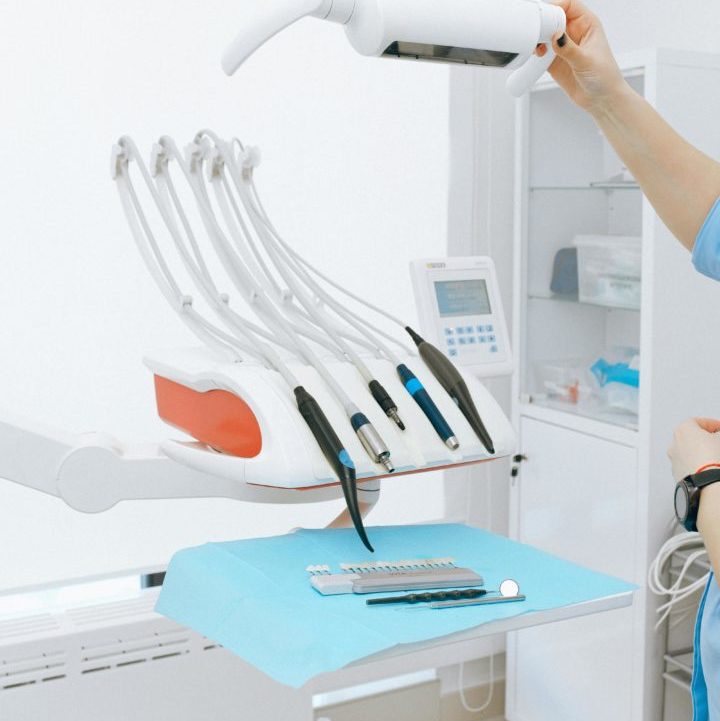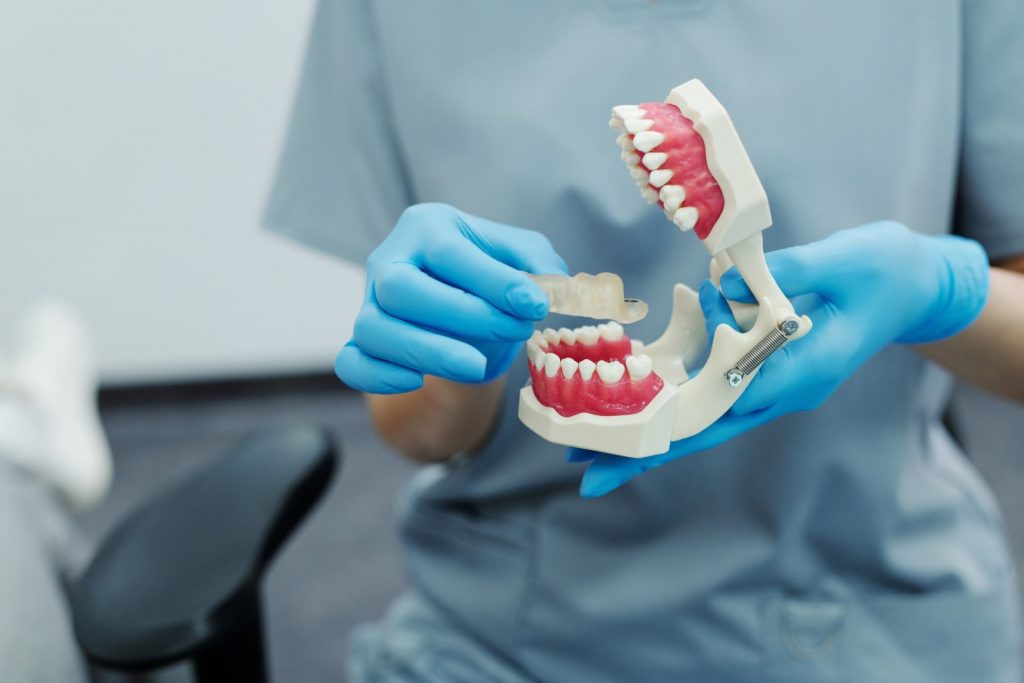How to Become an Associate Dentist in the UK
November 16, 2023
Embarking on the journey to become an associate dentist in the United Kingdom is a rewarding yet challenging pursuit. The dental profession demands a combination of academic excellence, clinical experience, and dedication to patient care. In this blog post, we will guide aspiring dentists through the educational and professional steps essential for navigating the path to becoming an associate dentist in the UK.

Step 1: Educational Foundation for Dentists
Starting with a strong science background in undergraduate studies, focusing on a dentistry course and excelling well academically is the first and most ideal step. To enter dental school, students sit for admission tests such as the University Clinical Aptitude Test (UCAT) or Biomedical Admissions Test (BMAT). Once admitted, students go through a demanding dental education programme covering various topics in the field.
Step 2: Clinical Experience
Towards the later stages in Dental School, students transition to clinical rotations. These experiences allow them to apply their theoretical knowledge in a real-world setting, working under the guidance of experienced dental professionals. Clinical exposure is critical for developing practical skills and building confidence in patient care.
Step 3: Foundation Training and Vocational Training
3.1 Foundation Training in Dentistry:
After graduating from dental school, aspiring dentists enter a one-year Foundation Training programme. This stage focuses on consolidating clinical skills, enhancing patient management abilities, and providing exposure to various dental specialities. Dental Foundation Training (DFT) nationally agrees to a set curriculum, and it is aligned with a specific portfolio that is used throughout the year. It mostly consists of several practice-based evaluations, assignments, and annual panel reviews of every Foundation Dentist. This involves determining at the close of the training year whether additional training is required, or if the required competencies have been shown.
3.2 Vocational Training (VT) in Dentistry:
Following Foundation Training, dentists enter Vocational Training, a mandatory phase for those intending to practice in the NHS. This involves working in a general dental practice under the supervision of an experienced mentor. This period aims to refine clinical skills and deepen understanding of NHS protocols and procedures. All graduates from Dental schools complete a one-year programme for the VT, which allows them to hold a Health Board List number, making them eligible to work as Health Board contractors in an NHS general dental practice.

Step 4: The GDC Registration for Dentists in the UK
Joining the General Dental Council (GDC) is essential for UK dental professionals. The GDC ensures dental professionals i.e. dentists, dental hygienists, and dental therapists meet high standards. Before practicing, they must complete a thorough GDC registration process, submitting documents, proving qualifications, and providing evidence of professional indemnity. These requirements aim to protect the public by ensuring dental professionals have the skills, knowledge, and ethical standards for safe care. Once registered, they must follow GDC standards for ongoing professional development, maintaining the dental profession’s integrity and earning trust.
Step 5: Application for Associate Dentist roles
5.1 Job Search and Interviews:
Equipped with a strong educational background and hands-on experience, prospective dentists can initiate their job hunt. This process includes submitting applications, participating in interviews, and potentially landing a role as an associate dentist in a dental practice. Recruitment platforms such as Medmatch Dental make this process easier for you.
5.2 Professional Registration for Dental Professionals:
Before practicing independently, dentists must register with the General Dental Council (GDC). This ensures compliance with professional standards and codes of conduct.

A Fulfilling Career Awaits!
Becoming an associate dentist in the UK is a multifaceted journey that requires dedication, continuous learning, and a commitment to providing quality patient care. Navigating this path successfully sets the stage for a fulfilling and impactful career in dentistry. You can also visit the ‘our roles’ page on our website www.medmatch.co.uk and surf through great opportunities and employers to start work with!


